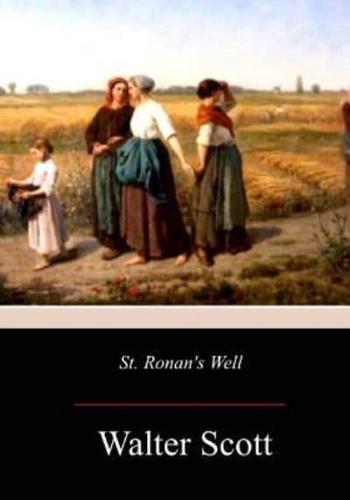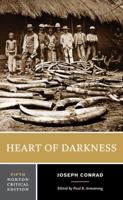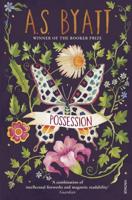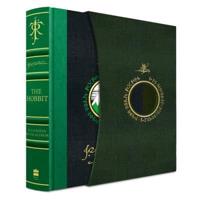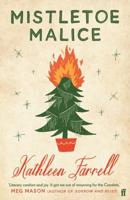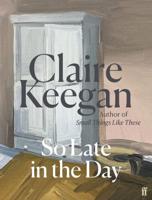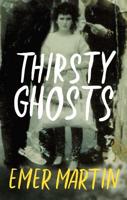Publisher's Synopsis
"'St. Ronan's Well' is not so much my favourite as certain of its predecessors," Lady Louisa Stuart wrote to Scott on March 26, 1824. "Yet still I see the author's hand in it, et c'est tout dire. Meg Dods, the meeting" (vol. i. chap. ix.), "and the last scene between Clara and her brother, are marked with the true stamp, not to be matched or mistaken. Is the Siege of Ptolemais really on the anvil?" she goes on, speaking of the projected Crusading Tales, and obviously anxious to part company with "St. Ronan's Well." All judgments have not agreed with Lady Louisa's. There is a literary legend or fable according to which a number of distinguished men, all admirers of Scott, wrote down separately the name of their favourite Waverley novel, and all, when the papers were compared, had written "St. Ronan's." Sydney Smith, writing to Constable on Dec. 28, 1823, described the new story as "far the best that has appeared for some time. Every now and then there is some mistaken or overcharged humour-but much excellent delineation of character, the story very well told, and the whole very interesting. Lady Binks, the old landlady, and Touchwood are all very good. Mrs. Blower particularly so. So are MacTurk and Lady Penelope. I wish he would give his people better names; Sir Bingo Binks is quite ridiculous.... The curtain should have dropped on finding Clara's[Pg x] glove. Some of the serious scenes with Clara and her brother are very fine: the knife scene masterly. In her light and gay moments Clara is very vulgar; but Sir Walter always fails in well-bred men and women, and yet who has seen more of both? and who, in the ordinary intercourse of society, is better bred? Upon the whole, I call this a very successful exhibition."
